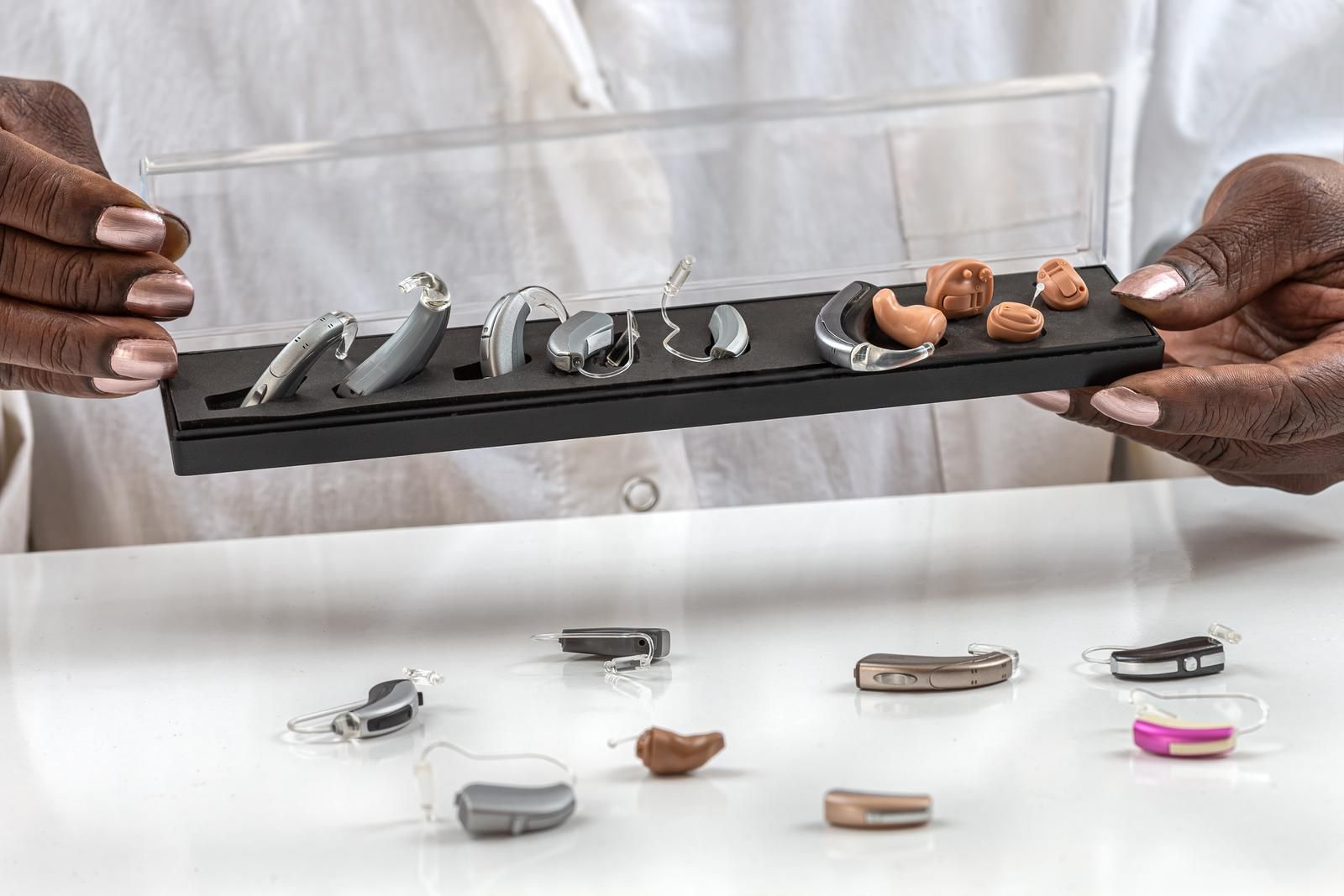When to See an ENT Specialist: Seven Signs You Need an Ear, Nose, & Throat Doctor
Your primary care doctor is your first stop for most health concerns. But when issues persist in your ears, nose, or throat, it might be time to see a specialist. An otolaryngologist—commonly known as an ear, nose, and throat (ENT) doctor—has advanced training to diagnose and treat complex conditions in these interconnected areas.
So, how do you know when it’s time to move from your general practitioner to a specialist? If you’re experiencing any of the following seven issues, it’s a strong indicator that you should schedule an appointment with an ENT.
1. Persistent Sinus Troubles
Everyone gets a stuffy nose occasionally. But if sinus pressure, facial pain, and discolored drainage last for 12 weeks or more, you could be dealing with chronic sinusitis. This is a clear sign it’s time to see an ENT specialist.
They can pinpoint the root cause—whether it’s allergies, a deviated septum, or nasal polyps—and offer advanced treatments like prescription nasal sprays or in-office procedures that go beyond basic antibiotics.
2. Frequent Nosebleeds or Chronic Nasal Congestion
While dry air can cause the occasional nosebleed, frequent or severe episodes warrant a closer look. Similarly, if one side of your nose is consistently more congested, it could indicate a deviated septum or nasal polyps.
An ENT specialist can perform a quick, in-office exam using an endoscope to assess your nasal passages and recommend appropriate treatment.
3. Hearing Loss or Constant Ringing in the Ears (Tinnitus)
Gradual hearing loss often goes unnoticed until it impacts daily life. If you’re frequently increasing the volume on the TV or asking others to repeat themselves, it’s time for a hearing evaluation.
Likewise, if you’re experiencing persistent ringing, buzzing, or hissing sounds (known as tinnitus), an ENT specialist can help identify the cause and explore management options.
4. Chronic Ear Infections or Eustachian Tube Dysfunction
Frequent ear infections—especially in children—should be evaluated by an ENT. In adults, a persistent feeling of fullness, pressure, or “clogged” ears may indicate Eustachian Tube Dysfunction (ETD).
Because the ears, nose, and throat are connected, ETD is often tied to sinus issues, which an ENT specialist can help diagnose and treat effectively.
5. Persistent Hoarseness or Voice Changes
If your voice remains hoarse or has changed for more than two to three weeks, especially without a cold or infection, it’s time to consult a specialist.
These symptoms can be signs of vocal cord nodules, polyps, acid reflux, or other voice-related conditions. Your ENT doctor may perform a laryngoscopy (a procedure to view the vocal cords) for an accurate diagnosis.
6. Difficulty Swallowing (Dysphagia)
If you regularly feel like food is stuck in your throat or experience pain when swallowing, don’t ignore it. These symptoms could signal inflammation, infection, or structural problems in the throat.
An ENT doctor can evaluate the cause and offer treatment before the issue worsens.
7. Lumps in the Neck or a Persistent Sore Throat
A sore throat that lingers for weeks or a lump in the neck that doesn’t go away could indicate a chronic infection or another underlying issue that needs specialized attention.
While often benign, these symptoms should be evaluated by an ENT doctor to ensure early diagnosis and peace of mind.
If you're experiencing any of these persistent issues, seeking care from a specialist is the best way to get an accurate diagnosis and an effective, long-term solution.
What to Expect During Your ENT Visit
Seeing a specialist can feel intimidating, but knowing what to expect helps ease the process. During your visit, your ENT doctor will likely:
- Discuss Your Medical History: Be ready to describe your symptoms—their duration, frequency, and severity.
- Perform a Physical Examination: This may include using a small scope (endoscope) to get a closer look at your nasal passages, ears, or throat.
- Order Diagnostic Tests: If necessary, your doctor may recommend hearing tests, a CT scan, allergy testing, or other diagnostics.
Expert ENT Care in Sterling Heights, Rochester Hills, and Waterford, Michigan
If you recognize any of these signs, the expert team at ENT Care of Michigan is here to help. Serving Southeast Michigan, our board-certified specialists offer accurate diagnoses and personalized treatment plans using the latest technology—from in-office balloon sinuplasty to comprehensive hearing care.
Don’t let lingering symptoms disrupt your life. Schedule a consultation with ENT Care of Michigan today and take the first step toward lasting relief.










